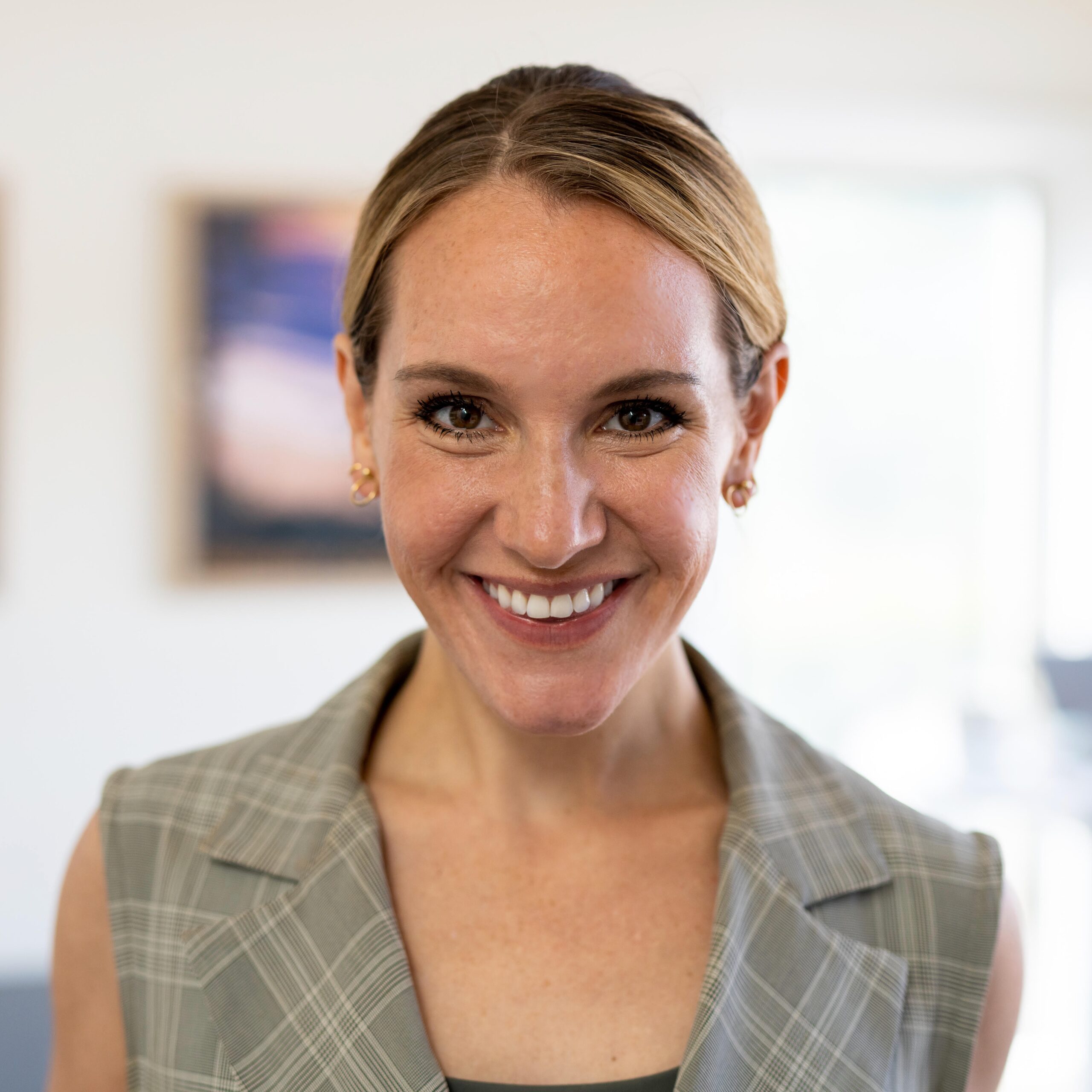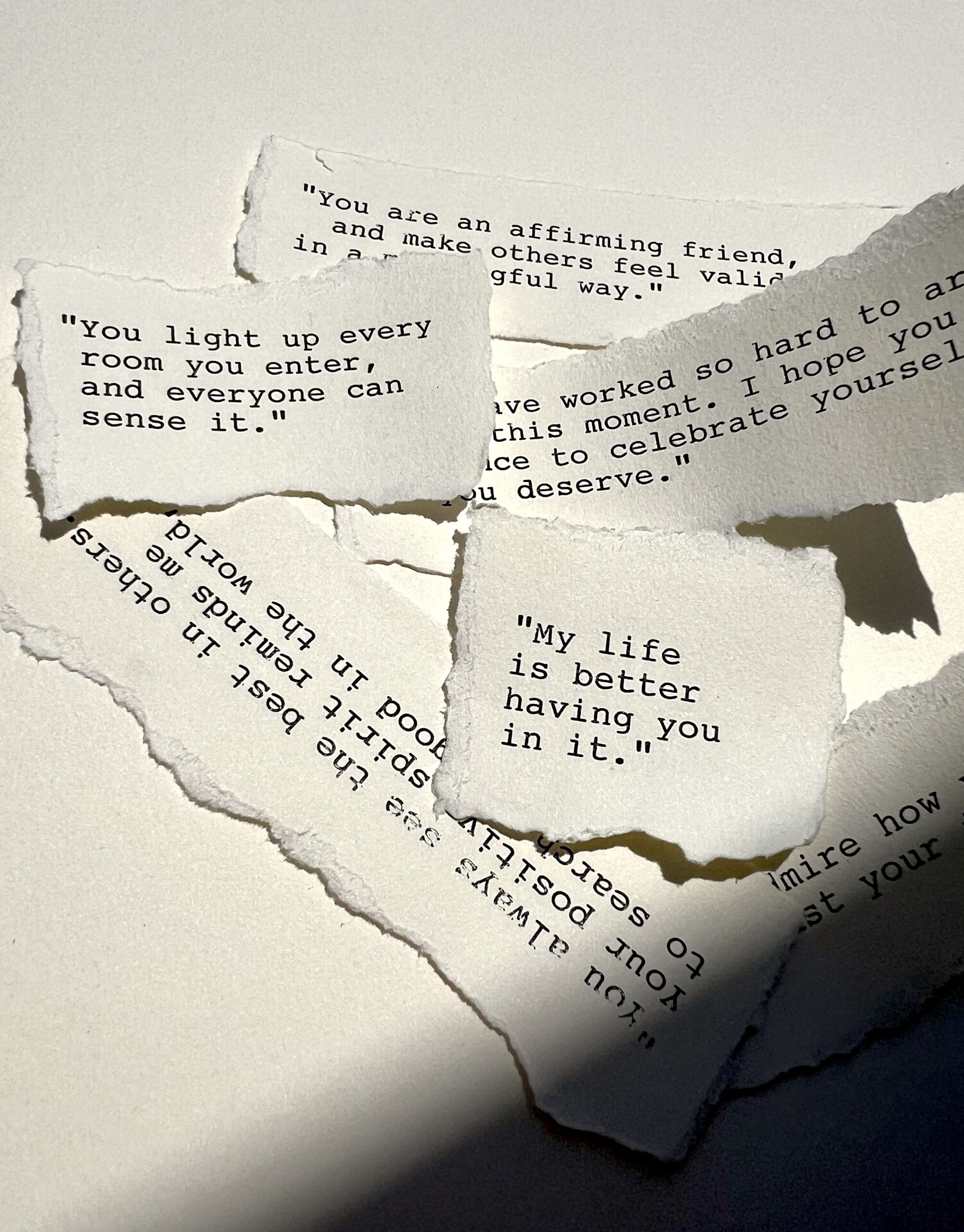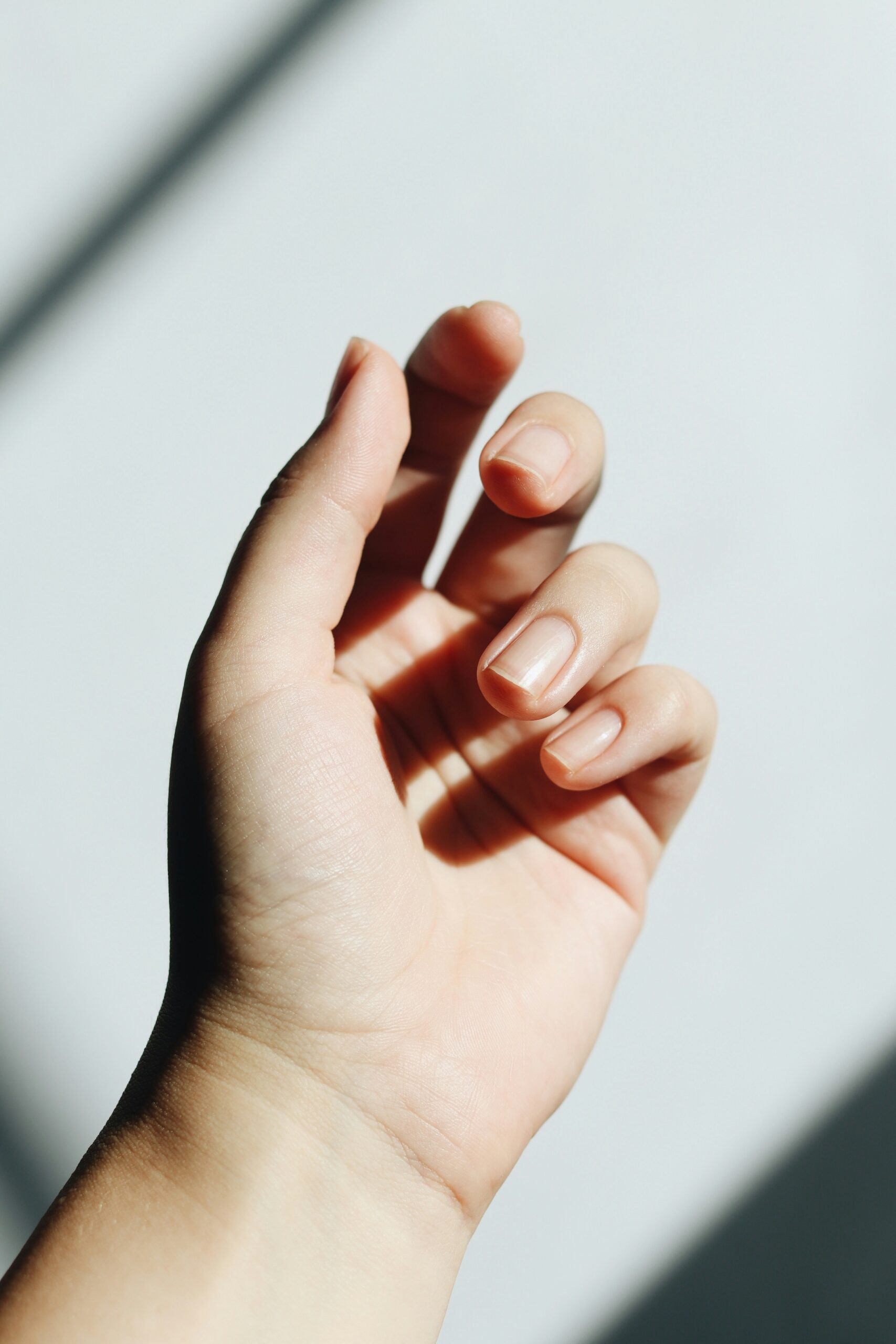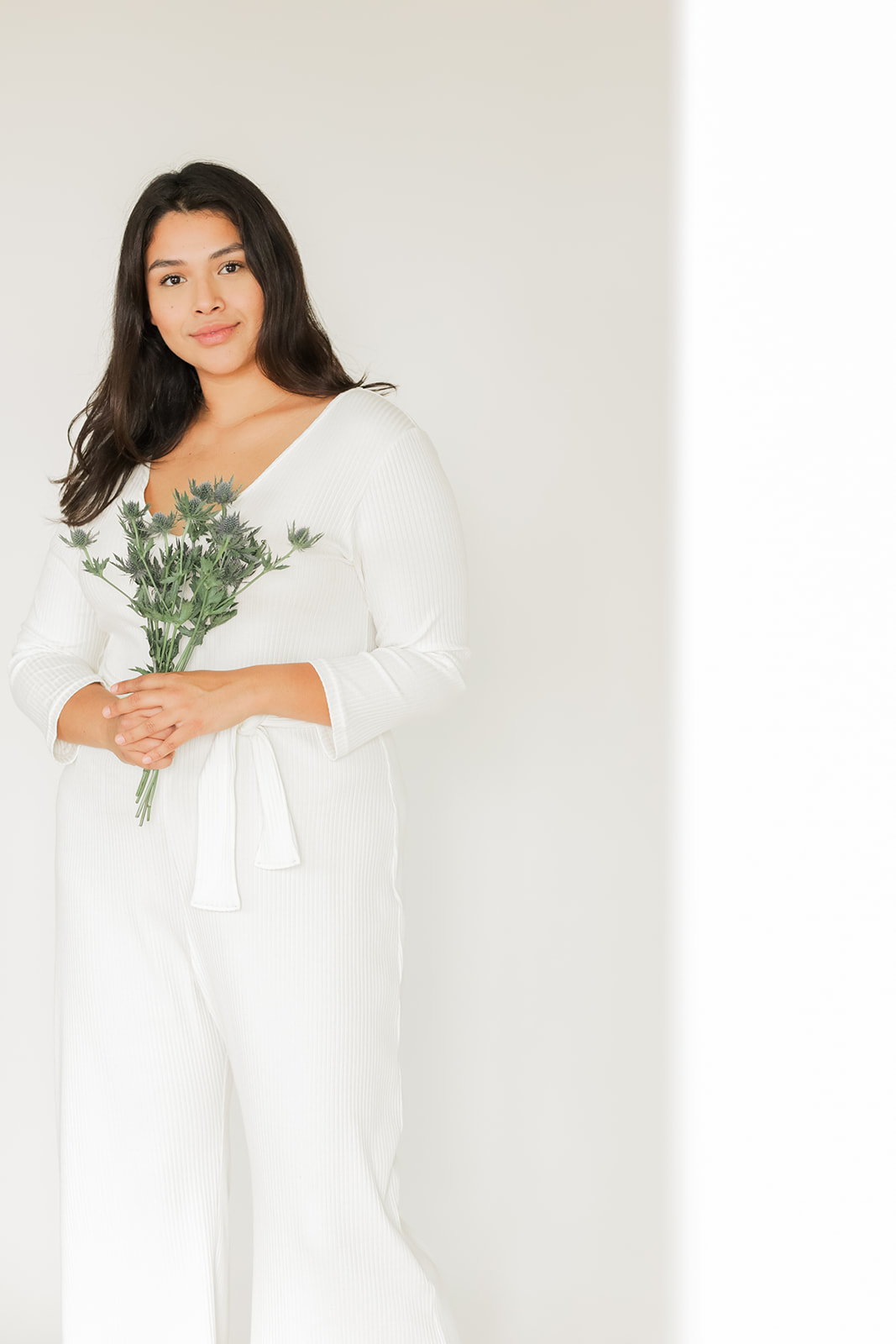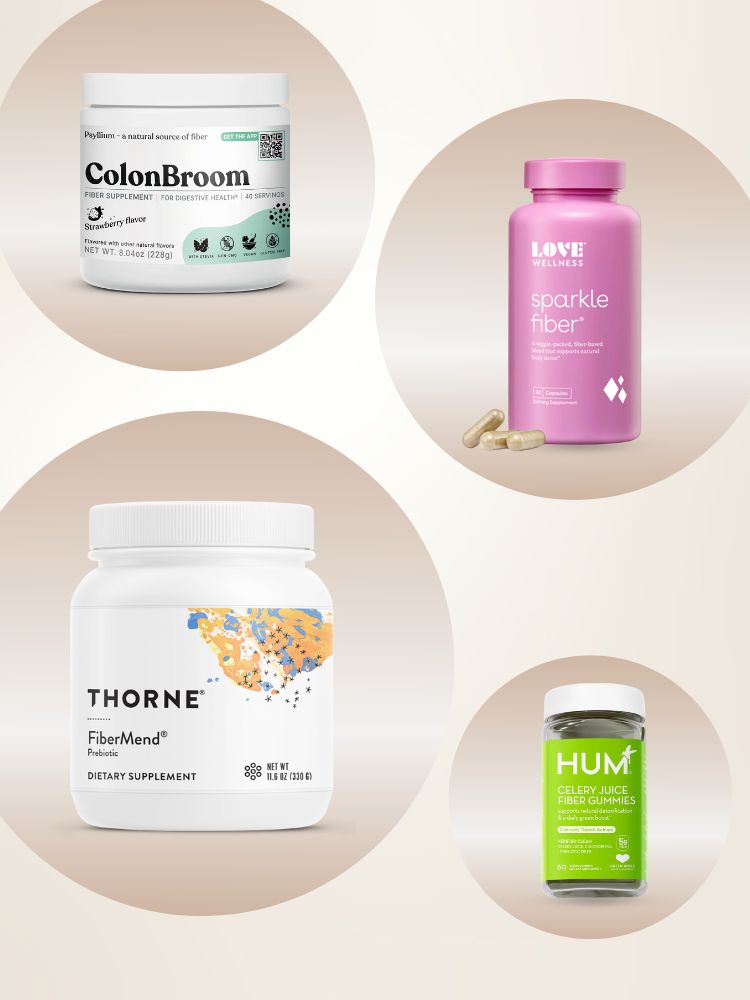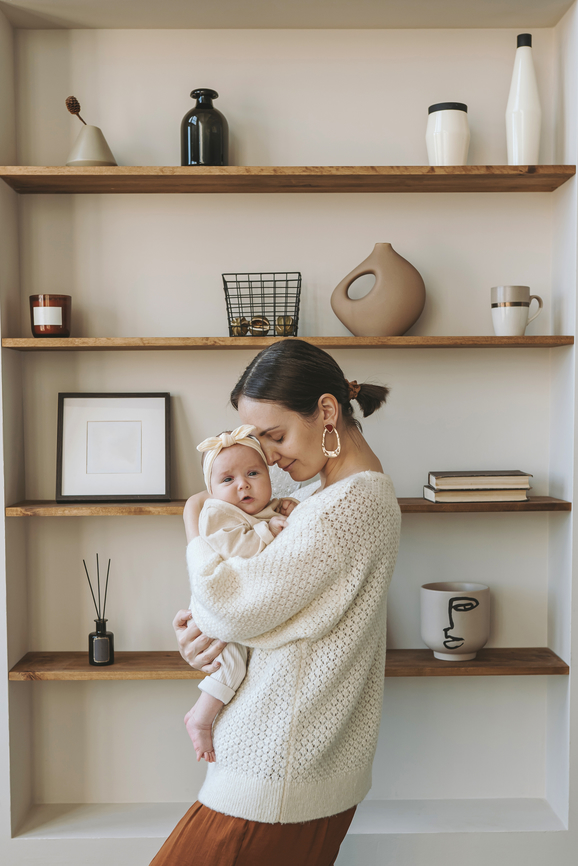
What The Pandemic Took From Me As A New Mother
As last winter tipped into spring, my husband and I prepared to become a family of four. Our second daughter was about to be born, and I braced myself for the impending postpartum season. It might be brutal, but I’d done it before and was confident I could do it again.
I was prepared for any challenge. What I wasn’t prepared for was ease, and the subsequent grief that this ease would create space for.
“Don’t get me wrong, postpartum is intense even under the best circumstances.”
Don’t get me wrong, postpartum is intense even under the best circumstances. There is no scenario in which bleeding, lactating, caring for a newborn, and trying to heal on fragments of sleep is easy per se. However, compared to what we went through in 2020, this round felt astonishingly manageable.
Each early milestone with our second child drew corresponding memories with our eldest into vivid recollection. With these memories came an unexpected sense of grief.
Halfway through my first pregnancy, everything around us shut down as COVID-19 ripped through communities. The 2019 world that she was conceived in was a very different place than the world she was born into during the summer of 2020. Instead of welcoming a new human into our established lives, we were watching the fabric of our community unravel as everything around us was in upheaval.
“‘Maybe this is just how motherhood feels,’ I wondered.”
Firstborn babies always rock the world of their parents, but when they enter a world that’s already shaken to its core, any sense of sure-footedness is impossible. Isolation, social tensions, and a thick air of uncertainty flavored nearly every aspect of her infancy. We knew that year was grueling, but we had no prior parenting experience to compare it to. “Maybe this is just how motherhood feels,” I wondered.
In the midst of it, I reasoned that I had it easy compared to families with older children. I sympathized as I watched parents ahead of me with kids missing important social connections or teenagers losing out on major milestones. “My baby won’t remember any of this.” I tried to comfort myself. Still, the fears swarmed my mind.
My daughter might not consciously remember her infancy, but so much of her deepest wiring was being determined by the environment that year. Of course, the days with an impossibly cute baby held countless moments of joy in our home, but the more I learned about early neurological development, the more I worried about the foundation being laid within such strange circumstances.
“I wondered how having a mom burdened by all these worries would shape her.”
I wondered how seeing everyone’s faces covered in masks wherever we went would change her core perception of smiling and speaking. I wondered how having so few interactions with other babies would affect her. I wondered if anything would feel remotely normal ever again as she grew up. I wondered how having a mom burdened by all these worries would shape her.
Seeing her thrive as she transformed into a little girl and watching her personality emerge helped assuage my concerns, still I couldn’t deny the lump in my throat that would appear anytime someone asked me about my transition to motherhood. I couldn’t ignore how a thin strand of jealousy often braided itself with joy for my friends as I watched them become mothers in the following years when the world felt relatively steadier.
“I was grieving my introduction to motherhood and the way in which it was overshadowed by the pandemic.”
Observing these recurring feelings in myself revealed that, though the worry about my daughter’s wellbeing was lessening, there was another element to my sadness: I was grieving my introduction to motherhood and the way in which it was overshadowed by the pandemic.
Trinity Toft, LCSW, is a psychotherapist specializing in perinatal mental health. She shared with me how pervasive this feeling is for women who became parents around the time that I did. “Similar to how we talk about the way that pubescence permanently shifts your identity, the term ‘matresence’ refers to the unique time when women are making the transition to motherhood. It’s sort of a maternal adolescence where hormones are going crazy and a new identity is being formed. All these elements of new identity happened in a vacuum of pandemic isolation and a lot of mothers sort of got ‘pickled’ — stuck in this identity that was so rooted in the anxieties of 2020.”
“Precautions around spreading the virus meant social seclusion during the exact time that all sage advice tells us it ‘takes a village’ to thrive.”
Ironically, the virus itself didn’t touch me or my baby — our household was lucky enough to avoid getting sick until she was nearly two. But, for me and so many others, it was the domino effect precipitated by COVID that created a perfect storm for anxiety and depression. Necessary precautions around spreading the virus meant social seclusion during the exact time that all sage advice tells us it “takes a village” to thrive. Making the leap into motherhood in isolation was as haunting as it was daunting.
“There was no going back to who I was before COVID in any category.”
By the time COVID restrictions really eased up, so much of my life and identity had drastically shifted from who I was when lockdowns started. My job had gone fully remote, we had moved to a new home in a quieter neighborhood, my body had changed from birth and my personal style was swept away with it. As a new mom, I only had bandwidth to pick up a fraction of the in-person relationships that were paused during the pandemic. There was no going back to who I was before COVID in any category. While these changes are part of life’s typical progression, it is abnormal for them to all occur in social seclusion.
“I can’t stress enough the importance of being able to not only witness other people going through this massive life shift but also having others witness your experience,” Toft explains. “That is something crucial that was taken from new moms in 2020. People were becoming a whole different person and nobody could see it up close besides maybe a partner.”
“A time in life that’s supposed to be full of connection was replaced by virtual confrontations.”
The sting of isolation was intensified in situations where parents were faced with family members or friends who didn’t think the COVID boundaries were necessary. Toft revealed that every single client of hers had at least one important person in their life — if not more — with whom they disagreed about what safety measures to take. A time in life that’s supposed to be full of connection was replaced by virtual confrontations. This dynamic often left lonely new moms feeling complicit in their own suffering and questioning their decisions.
Where are these mothers now? Toft tells me that some are still locked in the anxieties of hyper-vigilance around hygiene and health due to the way the pandemic affected their postpartum brains. Others have decided not to have any more children because the experience of 2020 was so traumatizing. Still others are like me: Toting around two beautiful little kids and trying to understand why the healing experience of the second has brought up so much unresolved pain from the first.
“Grief is a beast. When it comes it brings with it all the griefs that have ever come before.”
– Trinity Toft, LCSW
My divulgence isn’t surprising to Toft at all. “Postpartum is such a sensory time. The sights and smells are so strong and similar to what you felt when you were navigating your first birth. It paves the pathway for grief to revisit you, and grief is a beast. When it comes it brings with it all the griefs that have ever come before.”
My grief these days is largely invisible. It hides in the giggles of my daughters and then hurries out of the way as I hustle to get everyone’s shoes on so we can walk across the street for a neighborhood potluck.
At this potluck, a few parents of teenagers remark about how hard the first year of parenthood was. I nod and make a passing comment about how becoming a mom during the pandemic exacerbated the challenges. “Oh, interesting! Wow, yeah I never considered how that might have felt for new parents. I bet that was extra lonely,” they empathize.
This is the first time it occurs to me that the experience my generation of new parents went through hasn’t occurred to people in other life stages. It feels good to have this brief exchange with them. Toft’s point about the importance of being witnessed in our experiences jumps to mind. While I wasn’t able to be witnessed amidst the transformative transition to motherhood, I can bring that experience into the light now for myself and for others.
“Although the postpartum pandemic phenomenon was defined by isolation, it ironically gave rise to a sisterhood of mothers with an extra bond: our shared seclusion.”
Although the postpartum pandemic phenomenon was defined by isolation, it ironically gave rise to a sisterhood of mothers with an extra bond: our shared seclusion. We can swap stories and laugh or cry (usually both) about the absurdity of it all. One friend who gave birth just a week before me was reflecting on it recently. She shares how she can’t even listen to the theme song of the show she marathoned while breastfeeding without visceral feelings of despair and loneliness rushing back in. She and I go on to chuckle about the songs and shows ruined for us in 2020. We tear up as we talk about how unfair it feels when we compare what our babies that year experienced as their first taste of reality compared to their siblings. We remind each other, “We did our best.”
“We witness each other and we move forward, better for having been seen.”
I’ve had similar conversations numerous times now. When I meet someone with a child the same age as my eldest, I often make a remark about them having a “2020 kiddo” as a subtle way of opening the door for them to share their story. Often that’s the only invitation needed for even a stranger in the grocery store to paint a picture of what they went through. The shared elements of our experiences create space for us to share the details that made our personal circumstances unique. We witness each other and we move forward, better for having been seen. Hindsight is, well, 20/20, and looking back at that year has made our need for one another in this journey clearer than ever.
Ellie Hughes spent several years as a sustainable fashion blogger and leading the marketing for brands aiming to operate with ethics and the environment as their priority. She is now a freelance writer and marketing consultant living in Portland with her husband, two young daughters, and corgi.
